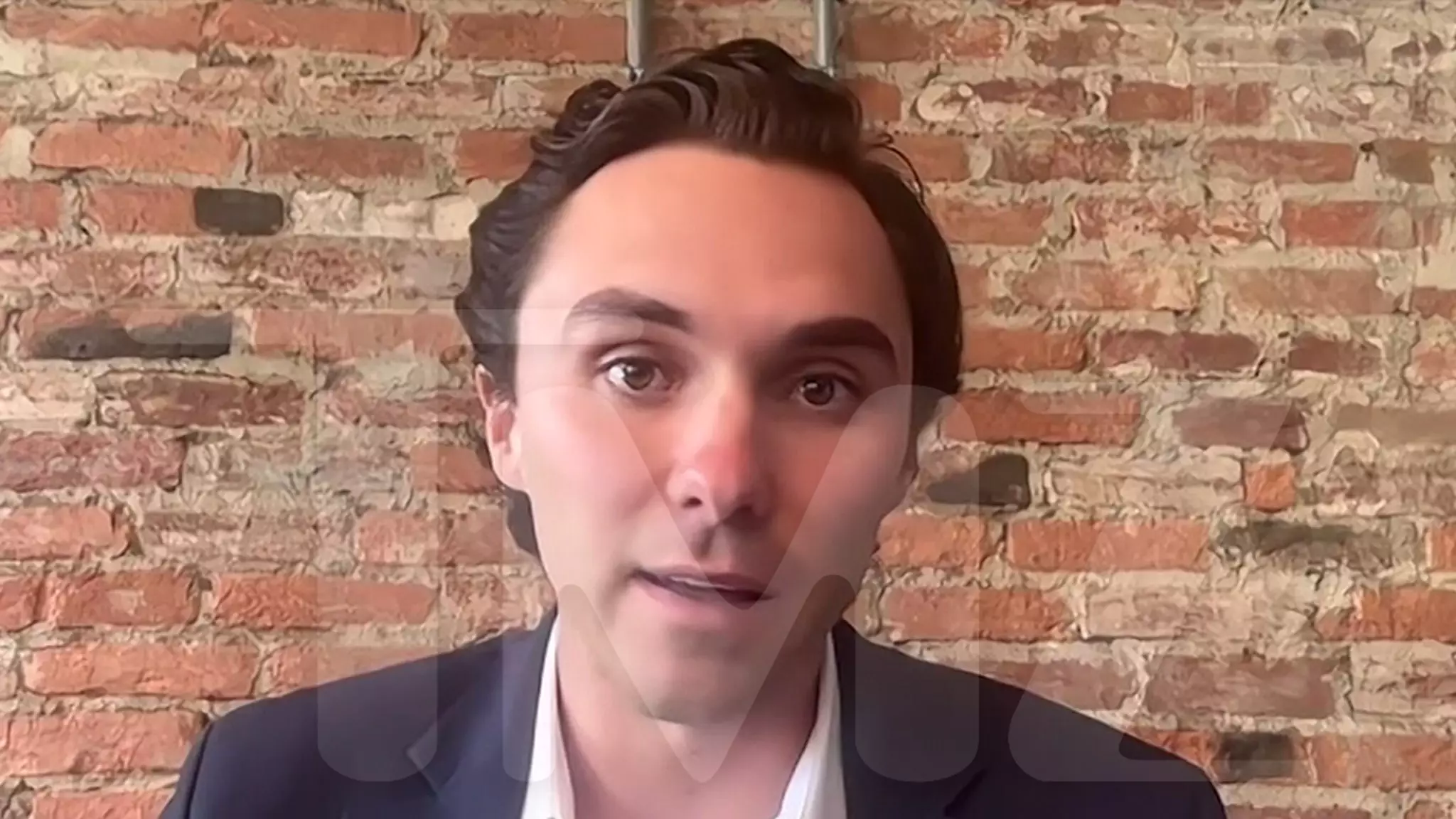David Hogg, a name synonymous with youthful activism and resilience, has stepped into a pivotal role within the Democratic National Committee (DNC) as its vice chair. Drawing from his harrowing experience as a survivor of the Stoneman Douglas High School shooting, Hogg’s ascent reflects a broader trend in politics: the rise of youthful leaders unafraid to challenge the status quo. Hogg’s active role is not merely about generating headlines; it signals a growing impatience with the establishment. He has become a beacon of hope for many young voters who feel disenfranchised by the traditional political machinery.
Hogg’s conviction is unmistakable: the DNC must cleanse itself of ineffective politicians irrespective of their age. This perspective is crucial, as it underlines a willingness to evolve beyond the commonly held notion that older politicians are inherently entrenched in outdated thinking. The party’s commitment to reform entails examining both seasoned stalwarts and newer members, painting a picture of a robust critique of performance rather than age.
A Call for Accountability
The concern over the party’s lackluster performance is palpable, with Hogg citing alarming approval ratings that suggest discontent among the base. A mere 26% of self-identifying Democrats feel that the party is serving them effectively, pointing towards a growing alienation among voters. The statistics further reveal a concerning trend where only the elderly and highly educated continue to show consistent support for the party. In contrast, younger demographics are increasingly disillusioned. Hogg’s criticism highlights a systematic failure that transcends age; it is about performance and impact, emphasizing the urgent need for accountability among elected officials.
This call for accountability is not just a fighting chance for the party—it’s also an insightful pivot. The DNC intends to recruit challengers for underperforming congress members, signaling a proactive stance that prioritizes action over complacency. While internal conflict is often viewed as damaging, it can invigorate an organization by instigating debate and ultimately, growth.
Shifting the Narrative
Another striking aspect of Hogg’s vision involves a strategic shift in how the party campaigns. Instead of merely reiterating how they are not Republicans, Hogg champions for a robust Democratic identity that resonates with voters. He acknowledges that voters desire more substantive reasons to support the party rather than relying on fear of the alternative. This pivot is not merely a tactical move; it highlights the need for a narrative that inspires rather than intimidates, emphasizing progressive values that elevate the voices and issues of marginalized communities.
Hogg’s commitment to this narrative transformation aligns perfectly with the aspirations of the modern electorate, who increasingly value authenticity and accountability over tradition. By spotlighting the collective dissatisfaction and aspirations of younger voters, the DNC under Hogg’s influence is positioning itself to potentially reclaim its footing in the political landscape.
Ultimately, as the DNC embraces this bold approach spearheaded by a dynamic young leader like Hogg, it may very well breathe new life into a party that is desperately in need of rejuvenation. The outcome remains uncertain, but one thing is clear: Hogg’s leadership signals a commitment to radical change, holding the promise of reinvigorating the party for generations to come.

